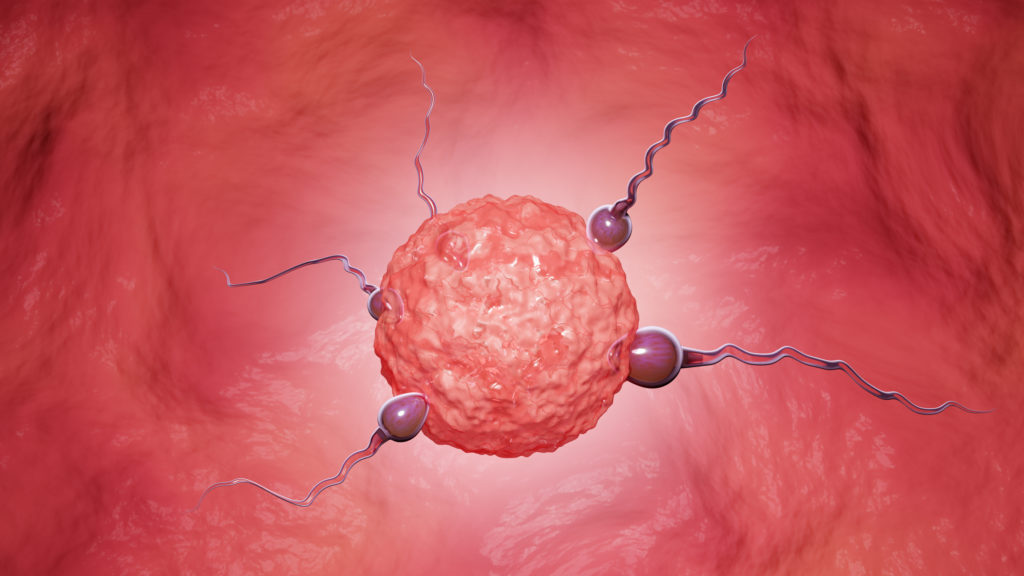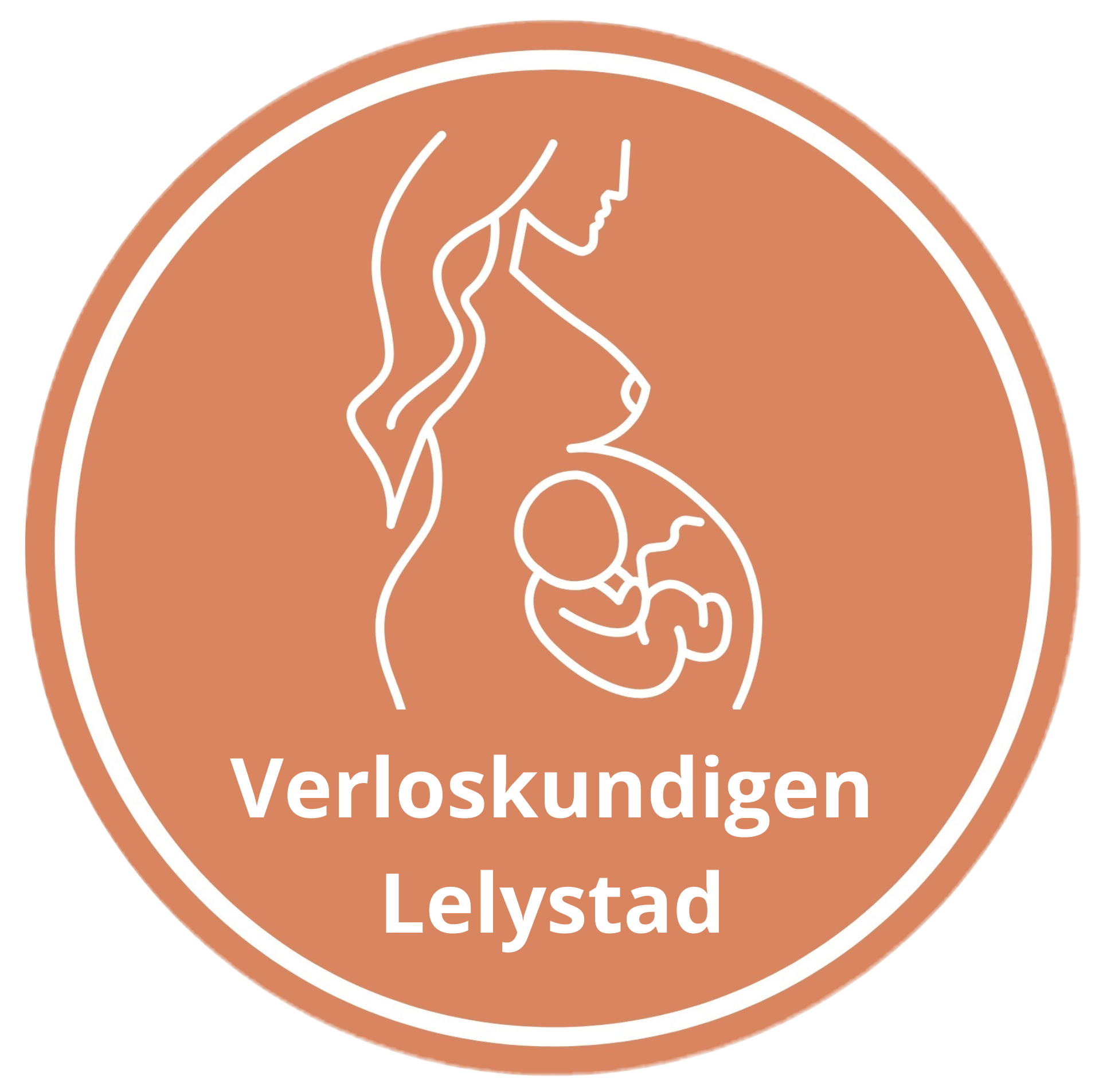- 085 40 19 095 (register + non-urgent questions)
- 06 53 65 91 91 (emergency, delivery)
Fruitful days

Fertile days: a brief explanation of fertility
If you dream of becoming a mom, you are not alone. Fertility is an exciting and natural part of many women's lives. Let's take a look at the normal flow of your menstrual cycle, ovulation and those important fertile days.
The normal menstrual cycle
Your menstrual cycle is like a monthly rhythm in your body. It starts on the first day of your period and ends on the day before your next period. Typically it lasts anywhere from 21 to 35 days, but every woman is unique. During this cycle, your body prepares for a possible pregnancy.
Ovulation and fertile days
Ovulation occurs halfway through your cycle, around day 14 (if you have a 28-day cycle). This is the moment when a mature egg is released from one of your ovaries and is ready to be picked up by an eager sperm cell. This is the time when you are most fertile.
Your fertile days are not limited to one day; they often extend to a few days before ovulation and a day or two afterward. Sperm cells can survive in your body for a few days, waiting for that one special encounter with an egg.
Age and fertility
Age can play a role when it comes to fertility. In general, the chances of becoming pregnant are highest in your twenties and early thirties. As you get older, fertility gradually declines, especially after age 35. However, it's important to remember that everyone is different.
Irregular cycle or PCOS
An irregular menstrual cycle can make it a bit more complicated to predict your fertile days. For example, if you polycystic ovary syndrome (PCOS) ovulation may be irregular or not occur at all. In this case it is useful to speak to a GP for guidance and advice regarding fertility and becoming pregnant.
Increasing the chance of becoming pregnant: how often do you have sex?
As you begin the exciting journey of becoming pregnant, there's more to it than just understanding your menstrual cycle and fertile days. The frequency of sex can also play a role, and here's why.
Frequency of sex
The advice is to have sex approximately every two to three days during your fertile period. Why? Because sperm cells can survive in your body for a few days, especially if conditions are favorable. By having sex regularly you increase the chance that sperm cells will be nearby when the egg is released during ovulation.
Why this advice?
It's all about increasing the chances of a sperm-ovum meeting. By having sex every few days, you ensure that there is always some 'supply' of sperm cells. This is especially important because the timing of ovulation can sometimes be variable and difficult to predict exactly. If you have sex too often, the concentration of sperm cells per ejaculation is lower and the chance that fertilization will occur is therefore smaller.
Relaxation and enjoyment
While understanding the biology is important, it is also essential to remember that the process of becoming pregnant should also be fun. Stress and pressure can play a role in reducing fertility. So, don't forget to relax and enjoy the time together with your partner.
When to seek help
If you haven't gotten pregnant after a year of trying, it may be time to talk to a doctor. If you are over 35, it is often recommended to consult a doctor after six months. A GP can refer you after your medical history has been discussed. If necessary, tests can be performed and any underlying issues that may influence conception can be addressed.
Conclusion
The path to pregnancy is unique for everyone. Understanding your menstrual cycle, ovulation and your fertile days can help you make conscious choices on the road to parenthood. Remember that it is normal that it sometimes takes a while and if you have any questions, we are also ready to guide you. Would you like to know more about increasing your chances of pregnancy? Then sign up for us for free conversation about wanting children.

